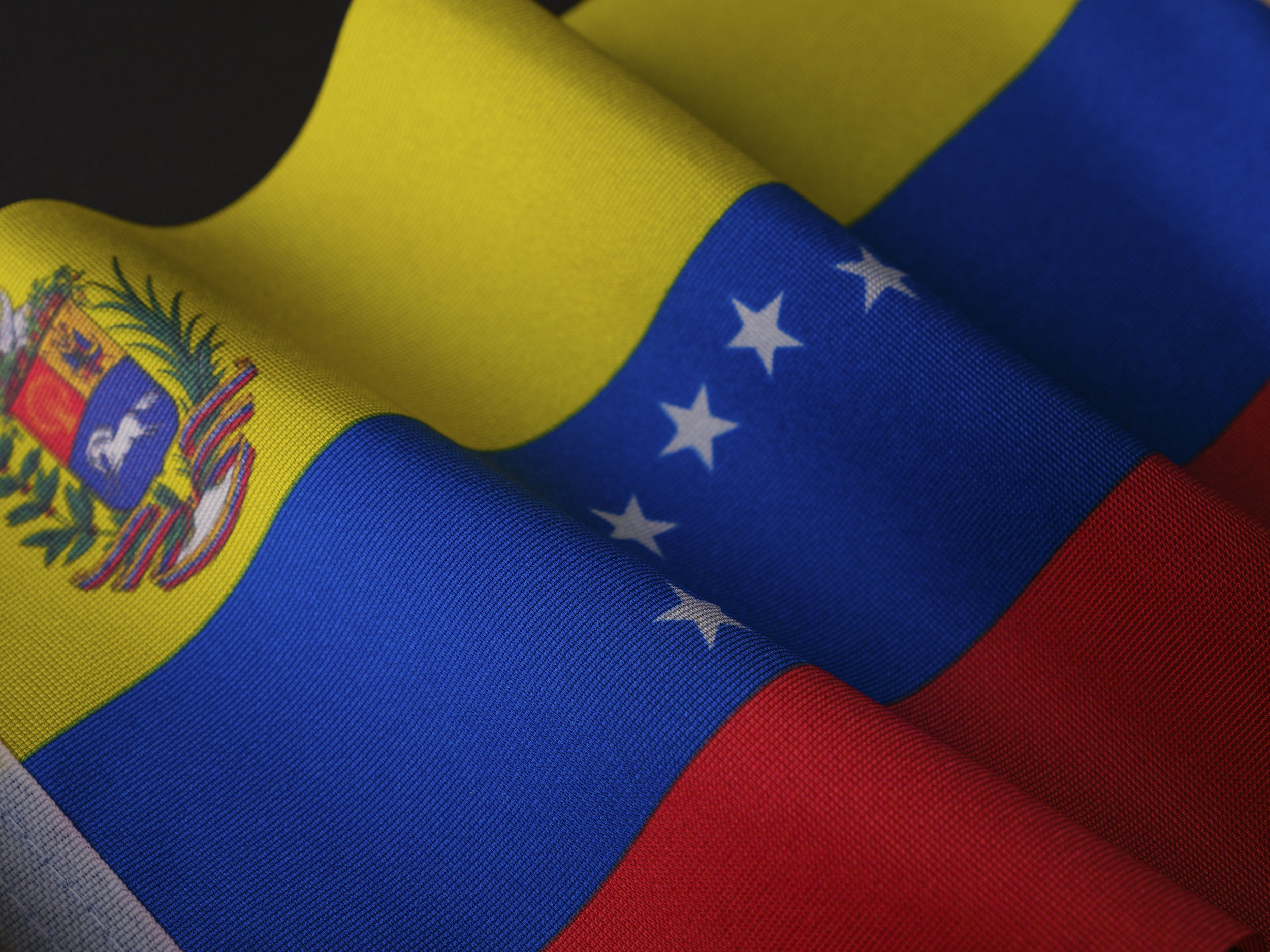Working As Intended - By David Pratt
The free market! A system wherein the life and well-being of a company is completely dependent upon the quality of its good and services, where competition keeps prices low and consumers receiving the best possible outcomes.
Anyone with a cable subscription knows that this is not where we have ended up.
In every industry, a smaller number of megacorporations own and operate dozens of smaller companies under the guise of being distinct brands. If you buy a snack at any store in the country, chances are Nestle or Mars got your money. Planning a flight? America, Southwest, Delta, and United control 85% of air traffic in the United States, a result of massive airline deregulation throughout the 1980s and 90s that allowed possible competitors to be swallowed up. Dating? Match, the largest online dating company, is almost wholly owned by IAC, a company that also controls a dozen other popular dating sites, including OKCupid and Tinder. Porn? MindGeek is the company behind the most popular purveyors of naked bodies on the internet.
What does this mean? Go back to cable companies – fewer participants in a market translates to less competition, which is supposed to be the driving force behind the supposedly free market. Instead, we end up in situations where Comcast, a company which already owns NBCUniversal, one of the largest media outlets in the nation, also holds absolute dominance over providing cable services for large portions of the population. Despite already controlling not just the service but the content as well, Comcast then attempted to purchase Time Warner, its largest competitor, arguing that it would “increase competition.” The United States pays, on average, anywhere from four to ten times what other countries do for comparable cable and internet packages, and get fewer channel choices and slower internet speeds for our money. The failure of the Time Warner merger is a sign that perhaps there is such thing as a bridge too far, but that bridge is found long past any valley where customer satisfaction still matters.
Perhaps most disconcerting, a look at the banks operating in the United States shows the gradual collapse of local lending in favor of the emergence of Bank of America, JPMorgan Chase, Wells Fargo, and SunTrust. Bank of America alone is the result of 47 other entities gradually merging into one, and another 43 became JPMorgan Chase. Nearly one hundred different lending institutions, competing with one another to give customers the best deals and interest rates, are now just two. It was the deregulation of banks that led to the subprime mortgage crisis in 2008, which in turn resulted in the longest recession in U.S. history. Ten years later, most of the legislation drafted to prevent a recurrence has already been reversed, again putting people trying to accumulate a tiny bit of wealth through owning a home or starting a business in a position where they are completely beholden to trillion-dollar conglomerates with no oversight, and no options to look elsewhere.
It would take a much lengthier discussion to get into the problematic market shares of so many different industries. Automobiles, food production, pharmaceuticals, oil, electronics; all have a small number of controlling, mostly non-competitive companies dominating the field and working together to keep out new entrants. Furthermore, the government, which is supposed to regulate such activity specifically to keep the goals of capitalism and the free market alive, rewards companies for growing large enough with subsidies from your tax dollars, deeming them “integral” to vital services. Mergers and acquisitions were once positioned as a way for two similar businesses to streamline production and delivery to benefit customers, but how can we keep up that pretense when we live in a time of the largest mergers in history yet prices for every manner of service continue to rise as company responsibility and accountability plummets?
In the past, the answer would have been to simply support small and local entrants into the market, but control has grown so vast that those can be acquired or quashed before they merge. Cable companies sue to prevent localities from enacting their own internet service. Agriculture giants sue small farmers because they live on land the wind has blown germinated seeds onto. Where these monstrous entities encounter roadblocks, they buy people and legislators until the law is in their favor. Increasingly and in every field, there are no responses to market dominance by a few small, non-competitive players.
The common refrain opposing socialism is that it leads to disaster not because it is implemented incorrectly, but because it works exactly as intended. Is capitalism, then, working as intended when the likely scenarios on the table are either the same sort of titanic societal upheaval that has historically resulted from such unsustainable levels of income inequality or the subsuming of Democracy itself in favor of a privileged plutocracy?
Perhaps neither socialism or capitalism work as intended because every system requires constant oversight and fine-tuning in order to keep it running smoothly, and we as a country have given ourselves over to the notion that an Invisible Hand that was long ago bought and sold will fix everything for us. All one needs to do to see the futility of such hope is examine the laws meant to keep us from reaching this exact point, see how business-friendly courts have increasingly decided that they no longer apply, and realize each finger on that invisible hand has been merged into a single fist, and the failed concept of a free market is held tight in its immutable grasp.




